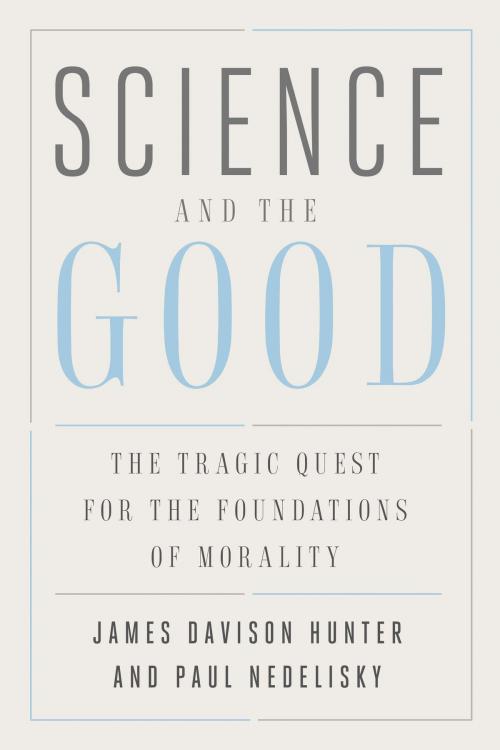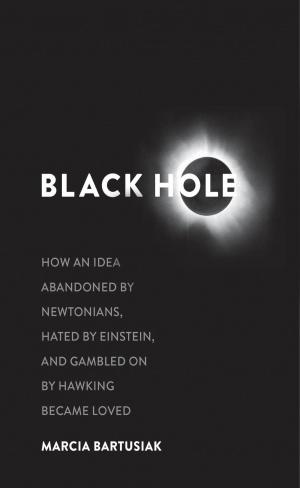Science and the Good
The Tragic Quest for the Foundations of Morality
Nonfiction, Science & Nature, Science, Other Sciences, Philosophy & Social Aspects, Religion & Spirituality, Philosophy, Ethics & Moral Philosophy| Author: | James Davison Hunter, Paul Nedelisky | ISBN: | 9780300240405 |
| Publisher: | Yale University Press | Publication: | October 23, 2018 |
| Imprint: | Yale University Press | Language: | English |
| Author: | James Davison Hunter, Paul Nedelisky |
| ISBN: | 9780300240405 |
| Publisher: | Yale University Press |
| Publication: | October 23, 2018 |
| Imprint: | Yale University Press |
| Language: | English |
Why efforts to create a scientific basis of morality are doomed to fail
In this illuminating book, James Davison Hunter and Paul Nedelisky recount the centuries-long, passionate quest to discover a scientific foundation for morality. The "new moral science" led by such figures as E.O. Wilson, Patricia Churchland and Joshua Greene is only the newest manifestation of an effort that has failed repeatedly. Though claims for its accomplishments are often wildly exaggerated, this new iteration has been no more successful than its predecessors. Hunter and Nedelisky argue that in the end, science cannot tell us how we should live or why we should be good and not evil, and this is for both philosophical and scientific reasons.
In the face of this failure, the new moral science has taken a surprising turn. Whereas earlier efforts sought to demonstrate what is right and wrong, the new moral scientists have concluded that right and wrong, because they are not amenable to scientific study, don’t actually exist. Their (perhaps unwitting) moral nihilism turns the science of morality into a social engineering project. If there is nothing moral for science to discover, the science of morality becomes, at best, a program to achieve arbitrary societal goals.
Concise and rigorously argued, Science and the Good is a major critique of a would-be science that has gained too much influence in today’s public discourse, and an exposé of that project’s darker turn.
Why efforts to create a scientific basis of morality are doomed to fail
In this illuminating book, James Davison Hunter and Paul Nedelisky recount the centuries-long, passionate quest to discover a scientific foundation for morality. The "new moral science" led by such figures as E.O. Wilson, Patricia Churchland and Joshua Greene is only the newest manifestation of an effort that has failed repeatedly. Though claims for its accomplishments are often wildly exaggerated, this new iteration has been no more successful than its predecessors. Hunter and Nedelisky argue that in the end, science cannot tell us how we should live or why we should be good and not evil, and this is for both philosophical and scientific reasons.
In the face of this failure, the new moral science has taken a surprising turn. Whereas earlier efforts sought to demonstrate what is right and wrong, the new moral scientists have concluded that right and wrong, because they are not amenable to scientific study, don’t actually exist. Their (perhaps unwitting) moral nihilism turns the science of morality into a social engineering project. If there is nothing moral for science to discover, the science of morality becomes, at best, a program to achieve arbitrary societal goals.
Concise and rigorously argued, Science and the Good is a major critique of a would-be science that has gained too much influence in today’s public discourse, and an exposé of that project’s darker turn.















